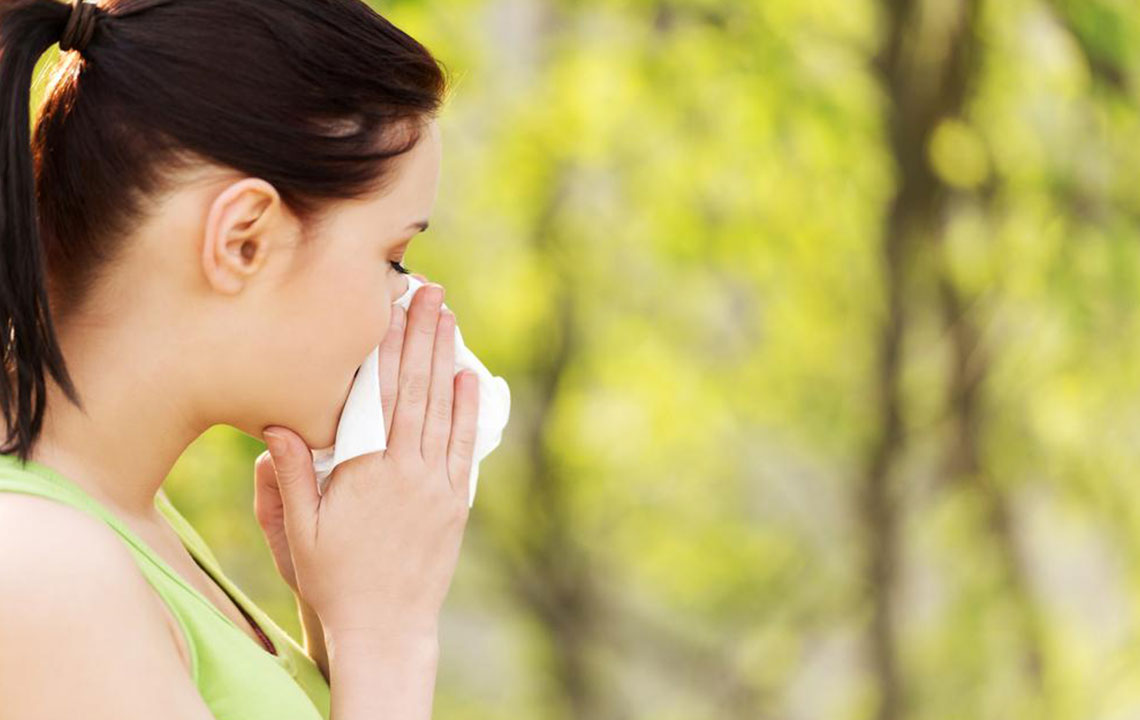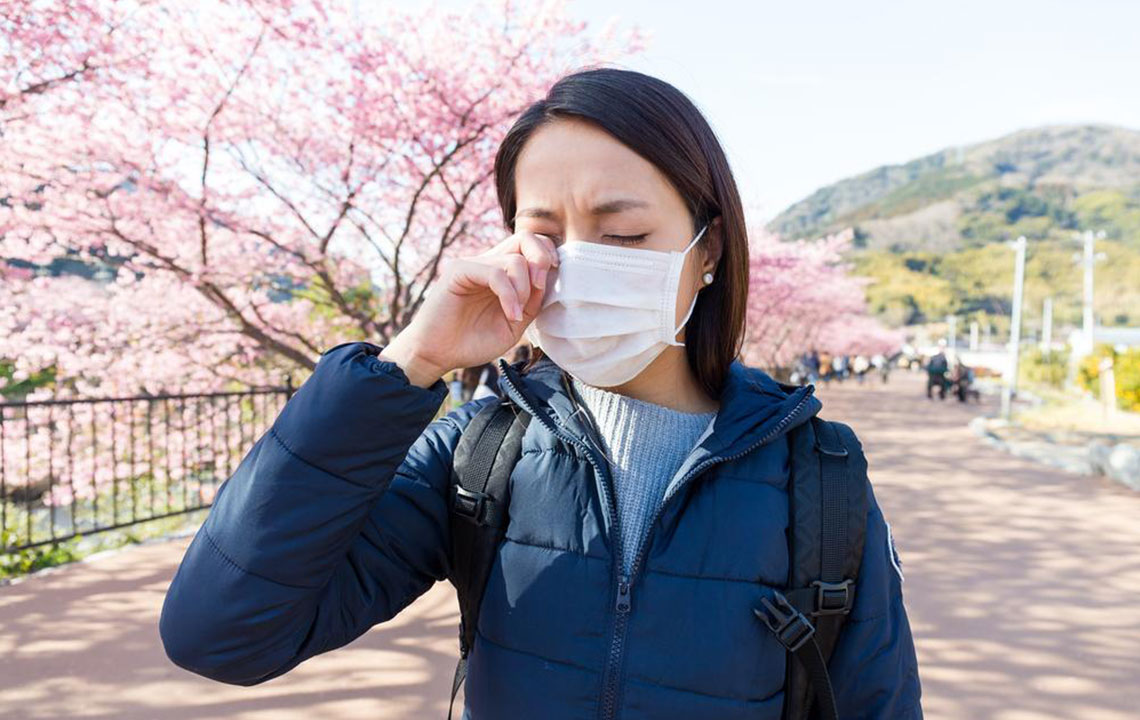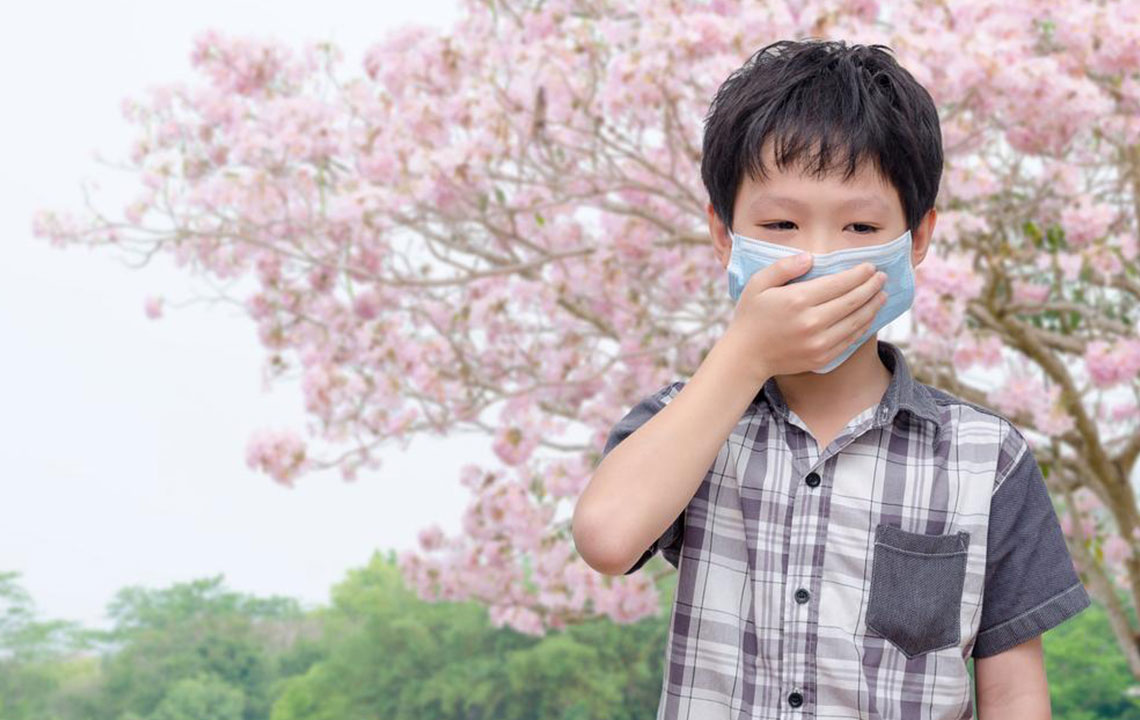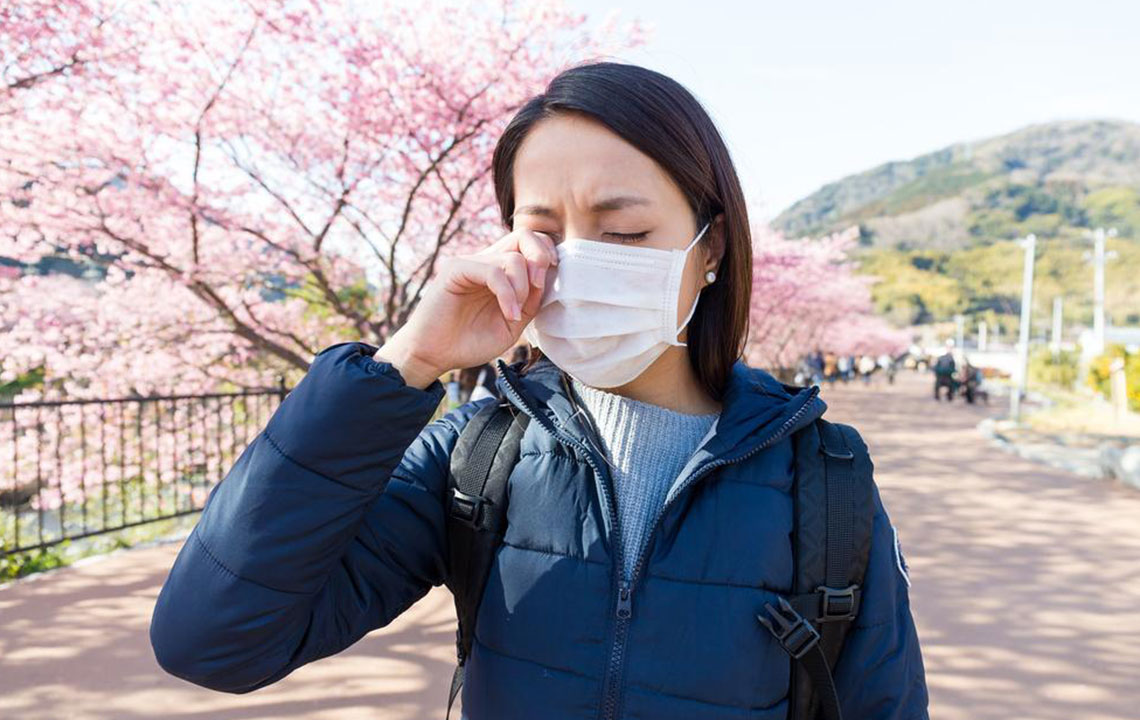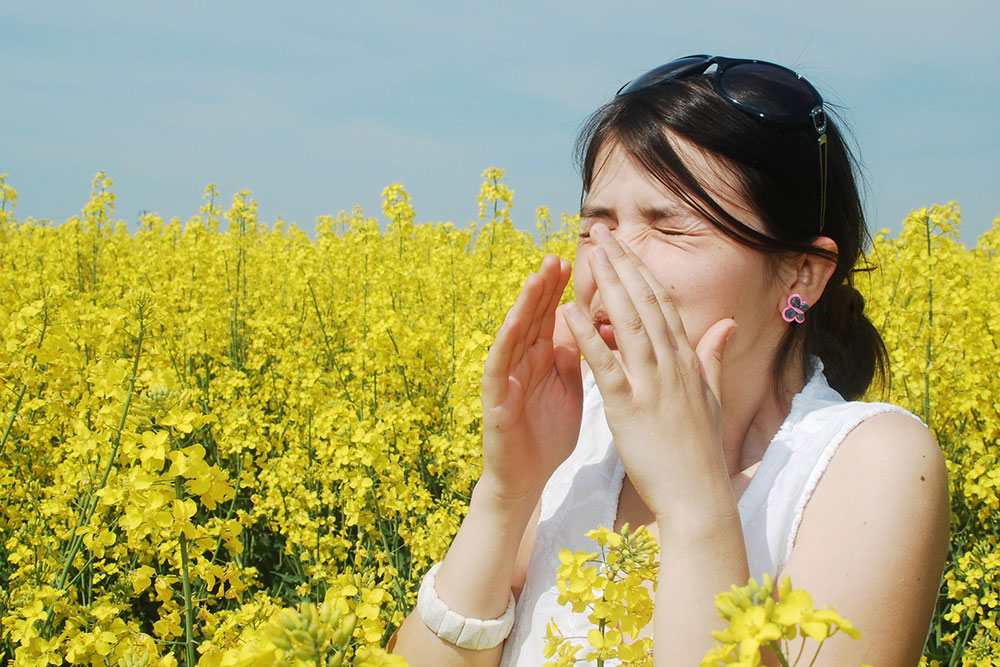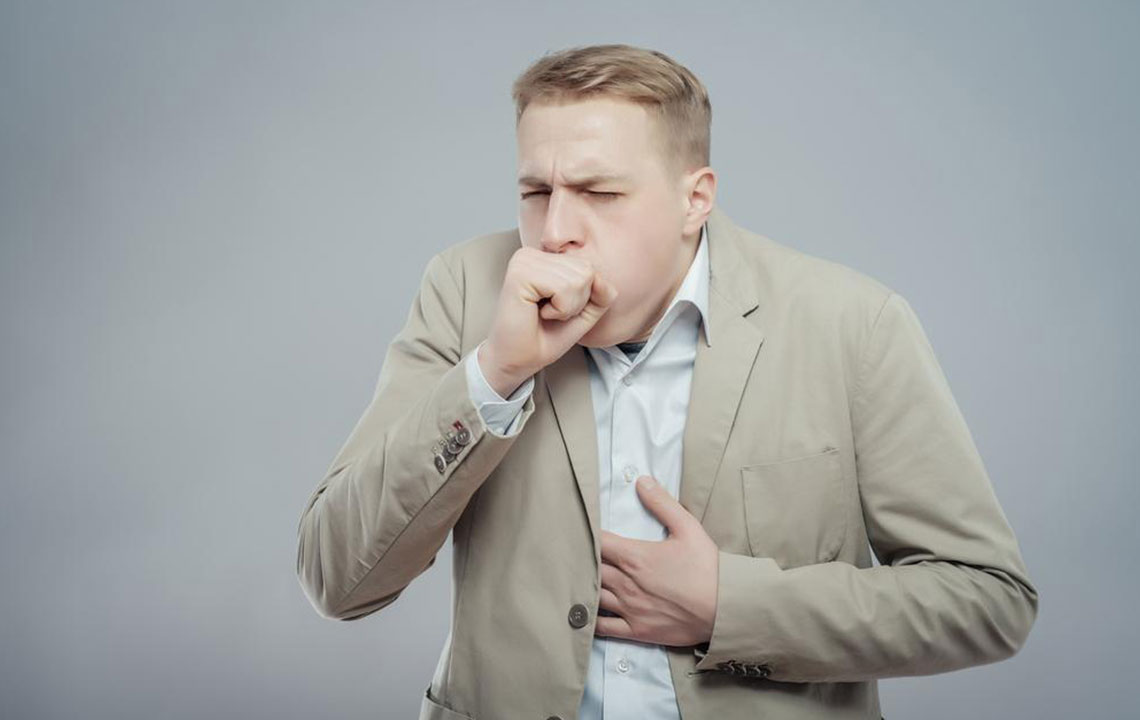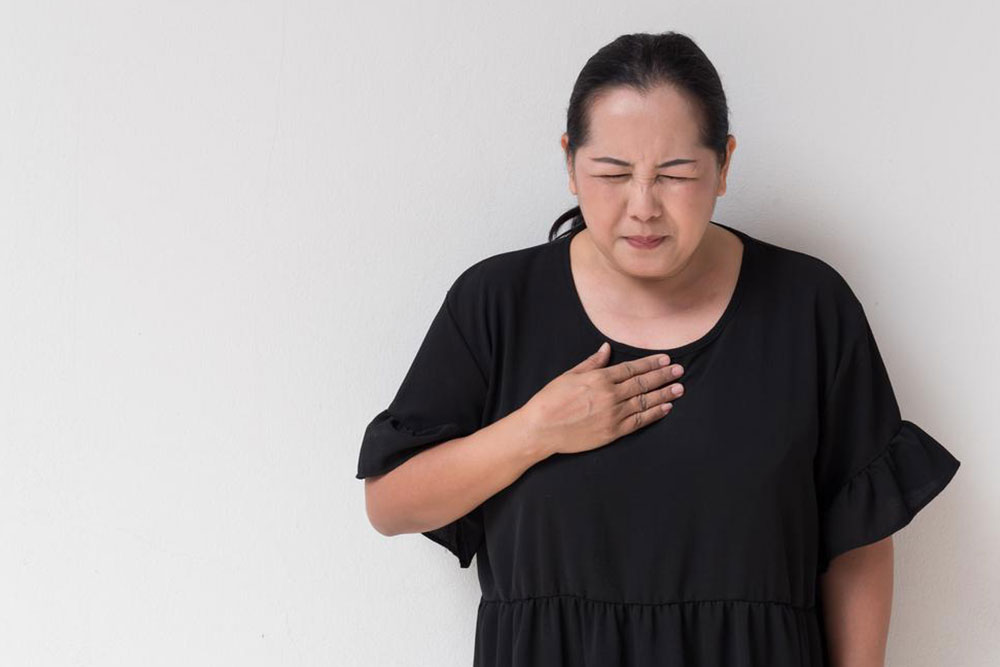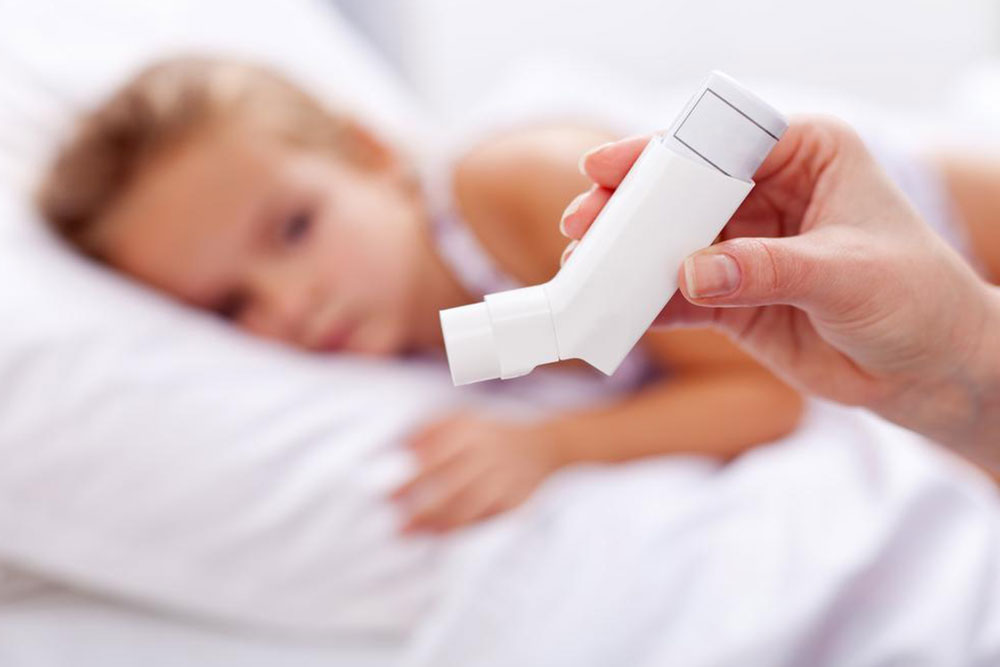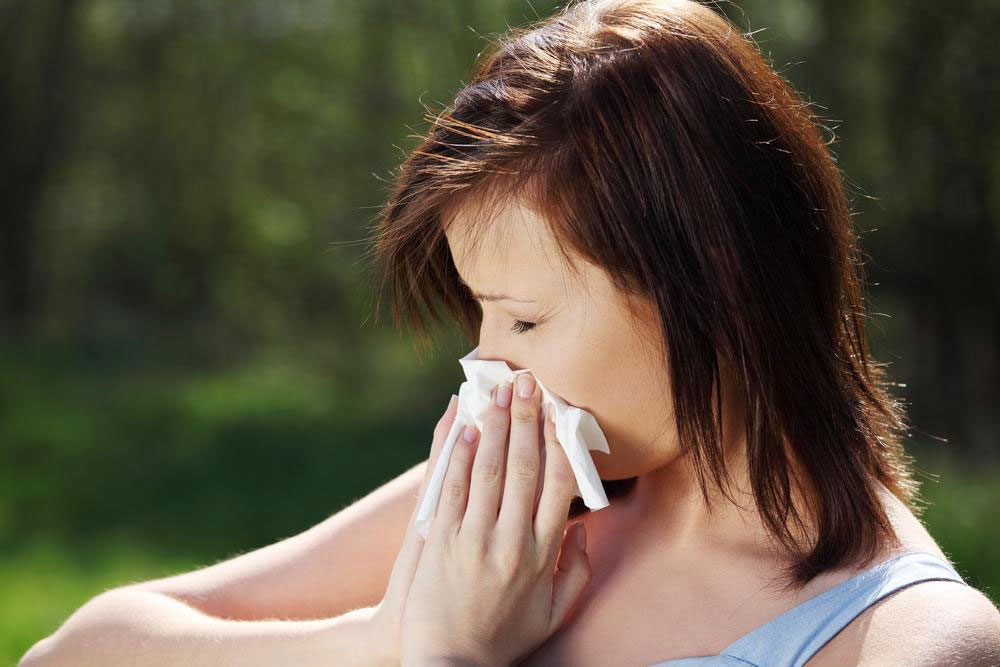Identifiable Symptoms of Pollen Allergies and Prevention Tips
Learn to recognize symptoms of pollen allergies and explore effective treatments and preventive strategies. This guide helps you identify specific allergens and adopt practical measures to reduce allergy flare-ups during high pollen seasons, ensuring better comfort and health.
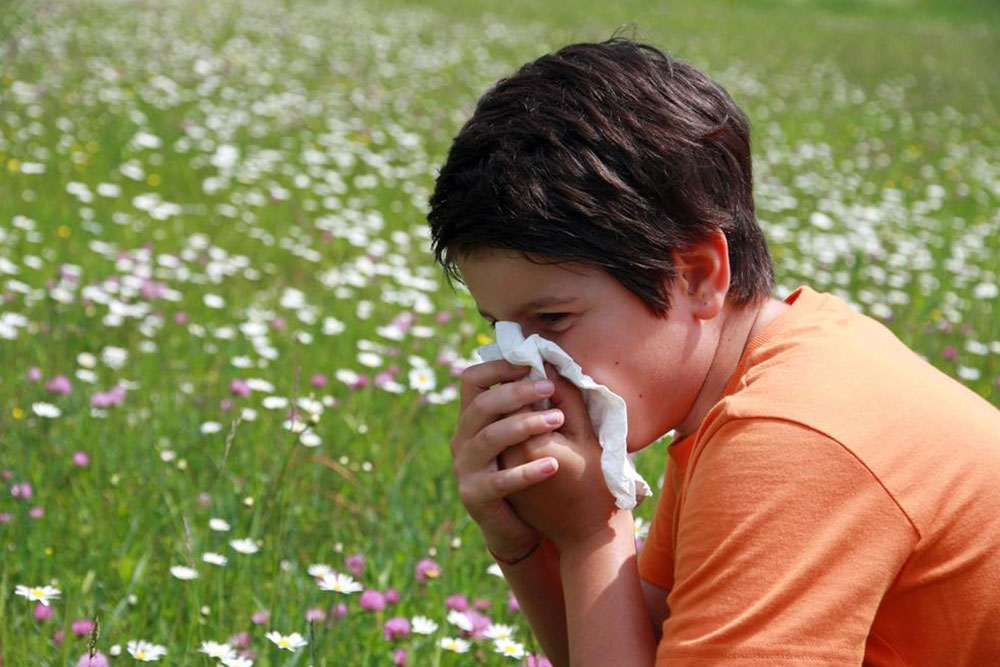
Are you experiencing frequent nasal runniness and itchy, irritated eyes, especially during spring? These might be signs of pollen allergy, caused by tiny grains released from flowering plants and carried through the air by wind, insects, or animals.
Understanding Pollen Allergies: Pollen consists of microscopic particles from flowers' male reproductive parts, essential for plant reproduction. These allergens are prevalent across the U.S., especially in springtime.
Identifying Specific Allergens: Not everyone reacts to all pollen types. You may be allergic to cedar pollen but tolerate birch pollen, illustrating a specific allergy.
Factors Behind Allergies: While causes are not fully understood, allergies involve immune system reactions where proteins found in plants, animals, insects, or foods trigger inflammation.
Common Symptoms:
Itchy, watery eyes
Persistent coughing
Nasal congestion
Facial sinus pressure or pain
Reduced sense of taste and smell
Sore throat
Swelling or bluish tint around the eyes
Wheezing
Over-the-Counter Solutions: Decongestants and nasal sprays help ease breathing difficulties during pollen season.
Allergy Shots: When medications don't work, allergy immunotherapy prescribed by specialists can gradually reduce sensitivity.
Protection Outdoors: Wearing masks covering your nose helps prevent pollen inhalation.
Home Remedies:
Inhale herbal extracts like spirulina and butterbur
Wash outdoor clothes regularly
Use air conditioning indoors and in vehicles
Vacuum with HEPA filters for thorough cleaning
Follow safety measures to minimize allergen exposure
Disclaimer: The content on this site offers general information based on research but should not replace professional medical advice. Readers are advised to consult healthcare professionals for personalized treatment.

